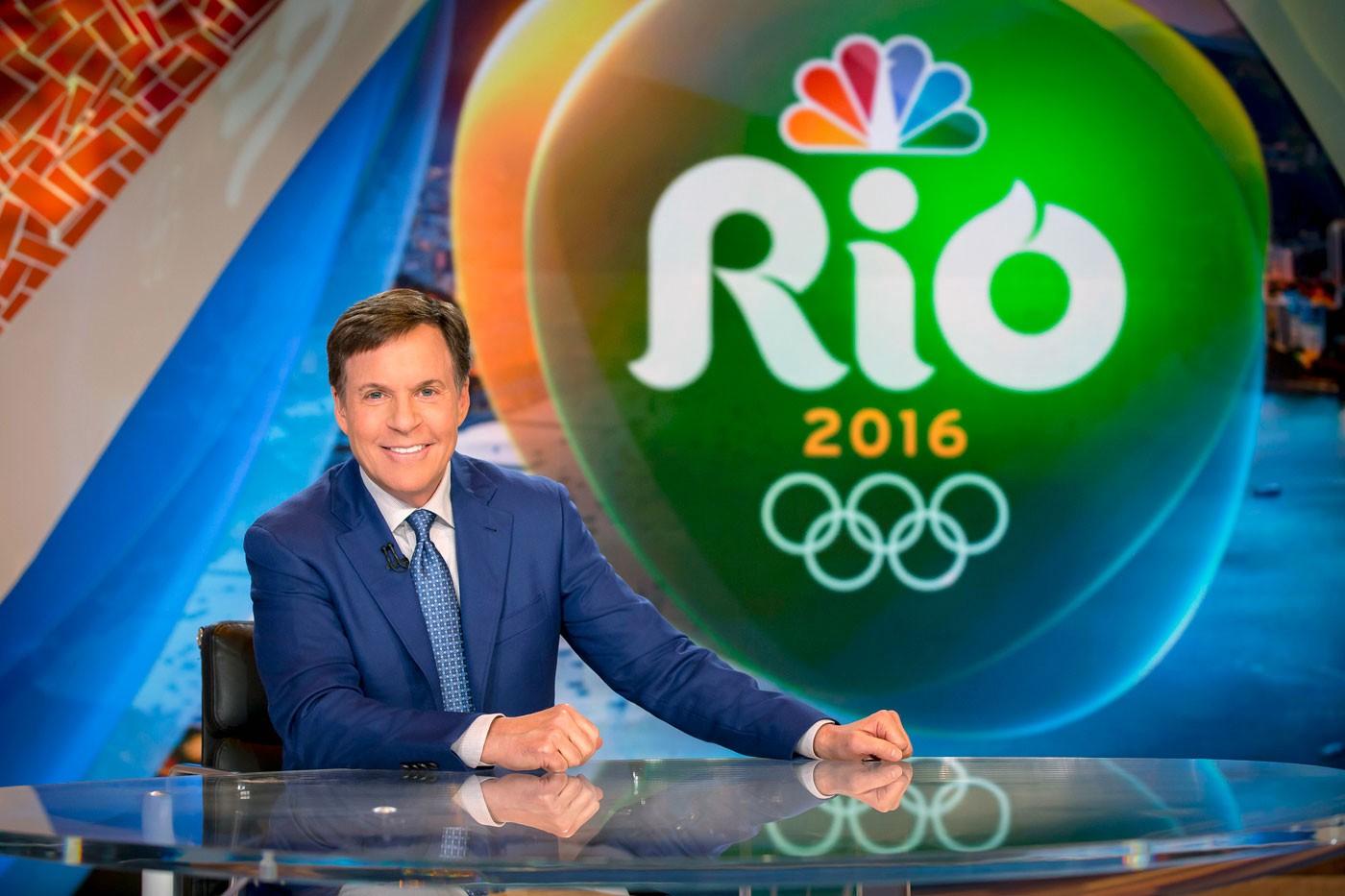It was our chance to say, I told you so. The tape delay was lame, just like we said it would be; younger people didn’t watch, just like we said they wouldn’t; ratings fell — a lot — just like we swore they would. NBC’s prime-time viewership of the Rio Olympics was down 17 percent from the 2012 Games in London; in the 18-to-49-year-old demographic, the drop-off was 25 percent. As news of NBC’s viewership woes trickled out, complete with vague finger-pointing at millennials and Snapchat, it felt like the out-of-touch TV barons were getting their comeuppance. The tape delay was a mistake, Twitter crowed. Neener neener, NBC, we knew it!
But here’s the thing: By almost every indication, it seems like NBC executives aren’t worried about the ratings drop. In a Monday press release, the network referred to the games as “THE MOST SUCCESSFUL MEDIA EVENT IN HISTORY.” PR spin, yes, but as far as NBC is concerned, the Olympics were a hit by the only measure that ever really mattered: advertising. And as for tape-delayed content? However counterintuitively, it emerged as a clear success.
“Whether it’s tape-delayed or actually live, I don’t think it mattered [for ratings] that much, because the suspense is there,” says Jason Damata, CEO and founder of media consulting firm Fabric Media, which tracked advertising metrics with iSpot.tv over the course of the games. “Judging from the data, people were tuned in.”
I was one of the many people to rail against NBC’s decision to air some of the Olympics’ most popular events on a tape delay, as the network did for the last Summer Games four years ago. In an age when social media is ubiquitous, and when the bars to digital access are so low, my fellow delay haters and I argued that withholding live footage to push events into prime time was more an encumbrance than anything. It would effectively introduce spoilers to the spectator experience, especially with the games taking place in Rio de Janeiro, where the time zone is just one hour ahead of the U.S. East Coast.
And many people — particularly on the West Coast, which saw many events, beginning with the August 5 opening ceremony, held up by four hours or more — complained that that was exactly what happened. As marquee competitions concluded and medals were awarded, Twitter and other social platforms swelled with reactions as publications fired off push alerts to announce the winners — long before those who lacked a streaming option could actually see Olympics footage. It proved infuriating to viewers who were stuck waiting, now with a result in hand. “One thing that we talk about all the time is the ability to engage,” says Humberto Farias, CEO of engagement platform Fanhero. “I don’t see NBC catering to that, and it’s going to catch up to them.”
But despite the griping on social media, it doesn’t look like tape delays dissuaded West Coast viewers from watching. On the contrary, ratings in the Pacific and Mountain time zones were disproportionately high, according to John Ourand, a media reporter for the SportsBusiness Journal.
“One of the oddities of these Olympics is that tape delay really does seem to work,” Ourand says. “I think part of the reason for that is that people, especially Americans, want to see winners, so when they hear that Katie Ledecky has won gold, it almost becomes marketing: Oh, I want to tune in to see that.”
In short: Spoiled victories might have encouraged viewers to watch what they knew would be a positive result. There’s a convincing case to be made that the very thing we hate actually drove us to tune in.
Let’s take a moment here to acknowledge that NBC — unlike many public broadcasting networks that handle Olympics coverage abroad, such as Canada’s CBC or the United Kingdom’s BBC — is a for-profit company. When it plunked down a reported $12 billion for exclusive rights to broadcast the games through 2032, it had a monetary goal in mind. And remember: NBC’s slipping television audiences also came amid the robust growth of its streaming platforms, which are still dwarfed by television but saw a 24 percent rise in viewership over the London Games. In all, despite criticism that users were in many cases required to enter cable logins for access to digital content, effectively freezing out cord cutters, NBC registered some 3.3 billion total streaming minutes, an extremely important metric for Comcast, the network’s parent company.
On a conference call earlier this month, NBC Sports Group chairman Mark Lazarus declared that “this will be our most economically successful games in history.” He wasn’t wrong, at least from a financial standpoint.
“Advertisers care about viewers, and that’s all they care about,” Ourand says. “They will support NBC on whatever NBC decides will bring the most viewers.”
The network sold $1.2 billion of advertising before these Olympics began, about 20 percent ahead of ad sales at that stage in London. (At one point, NBC Sports Group’s executive vice president for advertising sales, Seth Winter, credited the Zika virus and other planning difficulties in Brazil for raising awareness about the games. “There’s also some mystique with what is actually going on down here,” Winter told Ad Age.) While the lower-than-anticipated television ratings meant NBC had to issue some make-goods to advertisers, executives have stressed that all have been made whole, and the games will go down as NBC’s most profitable.
The next three Olympics will take place in Asia — Pyeongchang, Tokyo, and Beijing. All of which is to say: NBC will almost certainly rely on tape delays once again.


